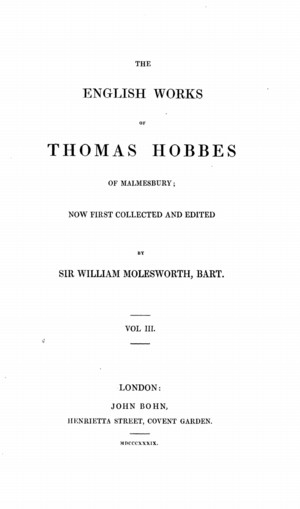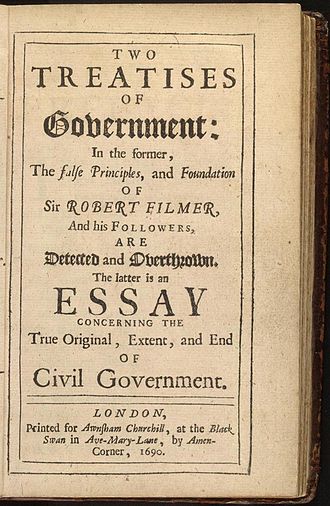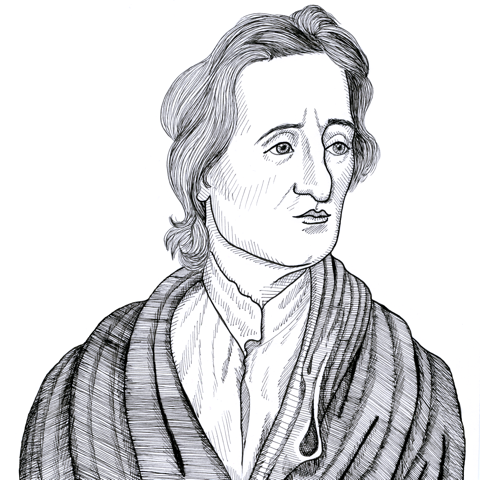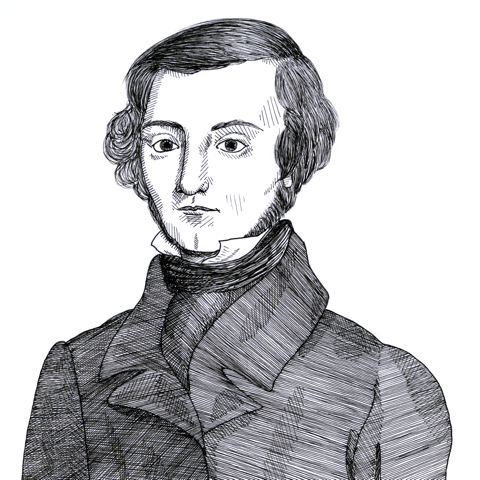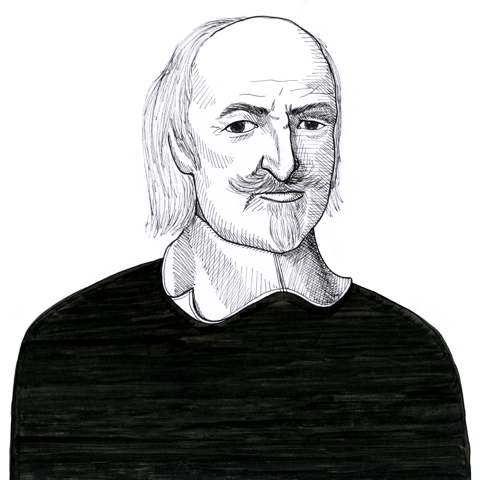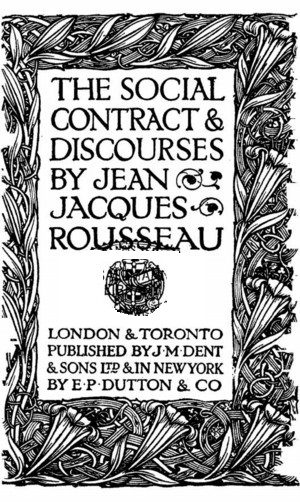
The Social Contract and Discourses
- G.D.H. Cole (editor)
- Jean-Jacques Rousseau (author)
This 1913 edition of Rousseau’s works includes the famous Social Contract as well as 3 discourses on Arts and Sciences, the Origin of Inequality, and Political Economy. Rousseau’s writings inspired liberals and non-liberals alike which makes him rather controversial in the history of political thought.
Related People
Key Quotes
Presidents, Kings, Tyrants, & Despots
First, when the prince ceases to administer the State in accordance with the laws, and usurps the Sovereign power. A remarkable change then occurs: not the government, but the State, undergoes contraction; I mean that the great State is dissolved, and another is formed within it, composed solely of…
Critical Responses
Article
A Letter to the Authors of the Edinburgh ReviewAdam Smith
Among his earliest published works, Smith criticized Rousseau’s “Second Discourse” (or “Discourse on Inequality”) in an anonymous letter to the Edinburgh Review.
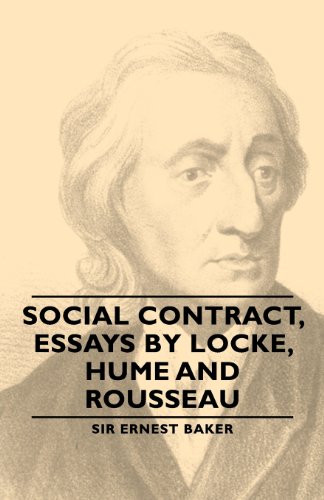
Book
Social Contract: Essays of Locke, Hume, and RousseauSir Ernest Barker, editor
This collection of essays contrasts the views of Locke and Rousseau on social contract theory with the skeptical philosophy of David Hume.
Connected Readings

